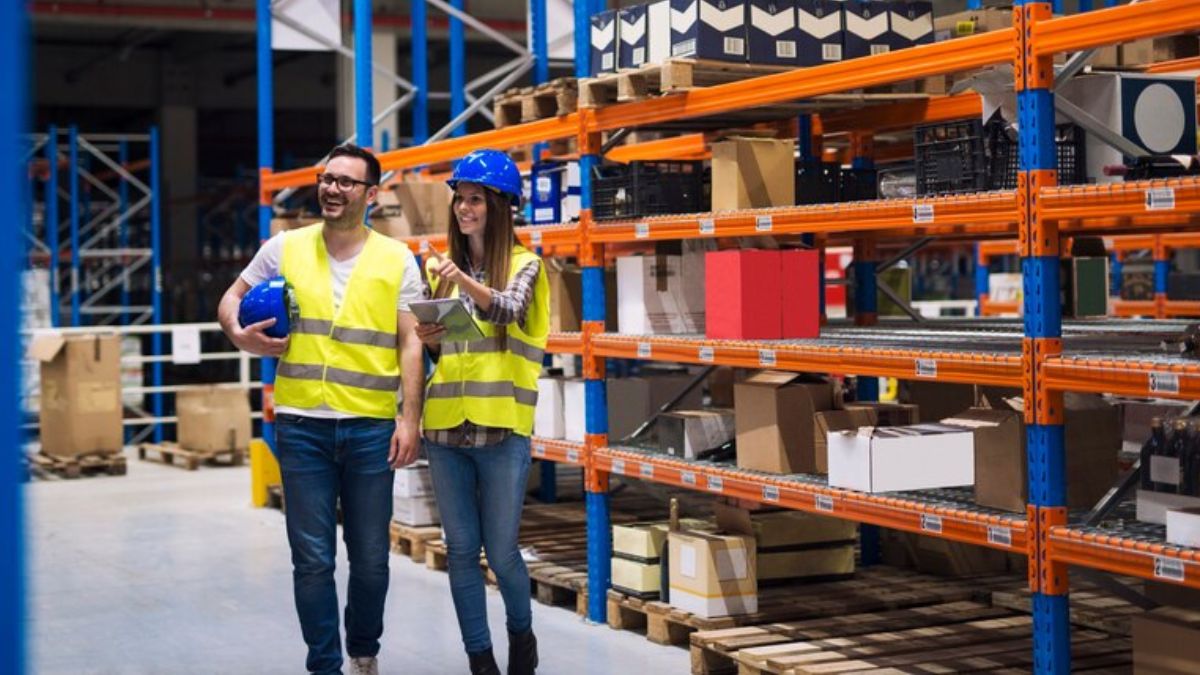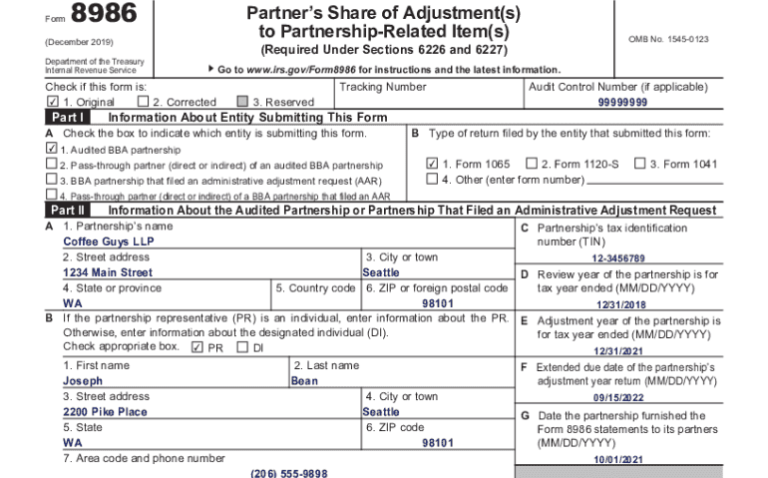Security Measures for Commercial Storage Facilities
Security is a major priority for storage facilities. Customers entrust their belongings to the facility, and any loss or damage could be financially devastating or emotionally distressing.
The right security measures are necessary to prevent these threats. Here are some key security measures to look for: Security personnel on-site.
Access Control Systems with User Authentication
Access control is the process of granting or denying users permission based on their security clearance level. This applies to both physical and logical areas of an organization. For example, a logical access control system limits who can access digital files, data, and computer networks.
Modern access control systems use both authentication and authorization to verify user identities, restricting their access to certain resources. They can be hardware-based or software-focused. They can be integrated with facility management to synchronize data in real-time, making it easier for staff and tenants to manage building security. They also help reduce costs by eliminating the need to cut keys or replace lost ones. This can also improve tenant satisfaction and lower insurance premiums. Authentication methods can include something a person knows (like a PIN), something they have (an access card), or who they are (biometric traits).
Security Personnel
Storage units aren’t just for old books and furniture; they’re often home to sensitive documents and information. This makes it even more important to invest in foolproof security measures. Look for a facility that offers access control systems with fingerprint scanning, retinal scans, and keypad entry to limit unauthorized entry and provide a controlled environment.
In addition, a reputable storage facility like WarehousingIT will also have on-site security personnel who act as a physical deterrent to thieves and vandals. They will also regularly patrol the facility and monitor cameras to identify suspicious activity.
For ultimate security, choose a storage facility that uses fisheye cameras and analytics to ensure maximum visibility and detect potential threats. This technology is especially helpful after hours when it’s difficult to keep track of activities at the property.
Perimeter Fencing
Using perimeter fencing can be an effective way to secure a storage facility. A fence can prevent unauthorized entry and create a clear audit trail of all activities at the site. It also acts as a deterrent for potential thieves, making it more difficult to break into a facility.
Perimeter protection is critical to operational continuity, ensuring businesses can continue operations without interruption. This is especially important for those facilities that are considered critical, including energy, water, government, and food services.
These fences are designed to be easy to install and meet the needs of different sites. This is particularly true when securing areas where access is limited, such as data centers, raw material storage in manufacturing facilities, and DEA and quarantine spaces for flavor fragrance and pharmaceutical facilities.
CCTV Cameras
Storage facilities must offer more than just a physical space to store items. They also need to provide peace of mind for their customers, which can be achieved by providing several security measures. These include 24/7 surveillance cameras that cover entry and exit points, hallways, elevators, and individual storage isles. The cameras should be strategically placed to prevent blind spots.
Other security measures include alarm systems that detect unauthorized activity and alert staff or law enforcement agencies. These can be augmented with analytics and AI to improve detection and response times. In addition, fire and environmental monitoring systems are a must for ensuring the safety of stored goods. These are essential features that increase customer and employee safety while reducing costs for maintenance and repairs.
Climate-Controlled Facilities
While standard storage units are adequate for most household items, climate-controlled facilities can be invaluable if you store valuable, delicate, or irreplaceable items. These storage units help to ensure that climatic changes do not damage the items and can even prevent moisture and humidity-related damage.
It is important to note that not all facilities offer climate control services. While some facilities may claim to be temperature-controlled, that doesn’t necessarily protect against humidity, which can be more damaging than the actual temperature. Look for a facility that offers true climate control and guarantees consistent temperatures and humidity levels year-round.
A secure and safe environment is also essential, so ensure the storage facility has 24/7 surveillance, electric gates, and individual unit alarms. In addition, look for facilities that are easy to access, especially if you need to visit them frequently.







